When you first think of saving for retirement, your thoughts may go to pensions or investing, however, property can also provide an additional income in a variety of ways and is a great diversifier, when held alongside a comprehensive investment portfolio.
Property is an asset class that many fund managers are reluctant to – or simply do not – include, due to the requirement for liquidity on investment funds. Therefore, if property assets are held directly, this can provide an investment that will perform at different times to a general investment portfolio.
From rental income, house flipping, and holiday lets, there are many different ways in which homeowners can use property to provide additional income in later life.
Flipping
‘Flipping’ refers to buying a property for refurbishment, then selling it for a profit. Value can be added to a property by modernization, extensions, or sometimes just a good makeover. A quick turnaround on the purchase and resale of a property can be very profitable, especially as house prices are continuing to rise – albeit more slowly now.
It is a good idea to have a set timescale and budget for the project and the necessary tradespeople ready to assist when required. The longer you retain the property, the more costs you will start to incur.
Budgeting is vital and having accessible liquid funds ready to complete your project is well-advised. It is also important to consider the tax treatment of property, upon ultimate sale, as the gains generated from the sale of an investment property, need to be factored in along with any other capital gains that may be realized from investments/share sales during that tax year. As with many considerations, timing is key.
Rental Income
A rental property can provide a regular and sustainable source of income, however, it is important to do your research to ensure that the right property and location are secured
in order to provide a good rental yield. It is also important to consider the associated ongoing costs, such as:
- Mortgage repayments.
- Council Tax, insurance and utility costs.
- Letting agency fees – unless you decide to manage it yourself.
- Maintenance costs – which can be unpredictable.
- Taxation – Seeking the advice of an Accountant before making a rental property purchase is important to ensure you are aware of any tax liabilities involved.
There is no shortage of available tenants for the right property, and employing a Letting Agent to take care of the vetting and administration processes is often well worth the fee. They will also be the first point of contact for the tenant and will ensure that any ‘void’ periods are kept to a minimum between tenants.
Please note that the purchase of an additional property that is not your main residence will incur an additional 3% Stamp Duty charge (based on 2022 figures). Other upfront costs may include a Broker Fee, Mortgage Product Fee and legal fees.
Holiday Lets
One of the most popular sources for providing additional income from property in later life are holiday lets, which have seen a recent increase in demand with COVID creating a boom in the UK holiday market for ‘staycations’, and the increasing popularity of sites such as Airbnb.
With the right location and property, substantial earnings can be achieved on the holiday let market and owners still have the flexibility to use of the property themselves. Ongoing costs are similar to those of rental properties, however, there will also be the additional expense of regular cleaning and booking administration – although holiday letting agencies can deal with this for a fee.
Much like rentals, additional Stamp Duty charges for the purchase will also apply, and you should take advice regarding the taxation of the income. It is important to factor in all income sources when considering the tax implications of any rental income. A comprehensive investment strategy should give you a variety of investment wrappers from which to draw any supplementary income needed. Having an adviser to navigate and advise on the correct order of withdrawals could save a lot of unnecessary taxation over time.
There are now many lenders on the market who will offer mortgages for all of the above options, however, mortgage interest rates tend to be slightly higher for this type of borrowing. You will also require a good deposit as the borrowing limit tends to be 75% of the property value. The current economic climate is making borrowing more expensive, with interest rates rising on a regular basis which could reduce profitability depending on the amount you borrow.
Although flipping can often provide a large amount of profit in a short space of time, it can take a lot of resources, time and knowledge to really benefit. For a longer-term approach that is usually less labour intensive, buy-to-let and holiday lets are often preferred for providing additional income at retirement.
Like any investment, there are risks involved and so it is important to seek professional advice based on your individual circumstances. Our specialist mortgage advisers can work together to find the best solution for your needs.
Get in touch today to discuss your options on 01872 306411.

